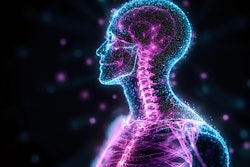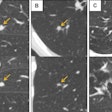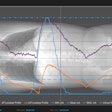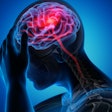Building trust is crucial for the wider adoption of AI, noted John E. Kelly III, PhD, the "father" of Watson, a computer system known for competing against humans on Jeopardy.
In an interview with the Spanish AI company Qmenta, Kelly addressed the obstacles to the wider adoption of AI in neurological research and clinical trials.
“Trust, data, and culture are the main barriers. Researchers and regulators need confidence that AI systems are scientifically valid and explainable," he said. "Data is often fragmented or non-standardized, which reduces reliability. And culturally, the introduction of AI requires shifts in established workflows, which can be uncomfortable.”
However, for neuroradiology especially, the ability to process data using AI has been transformative, added Kelly, who is on the Qmenta Board of Advisors.
“We can now process vast volumes of imaging and clinical data that were previously too complex to analyze. This capability allows us to identify patterns, design more effective trials, and ultimately generate insights that improve patient outcomes,” he said.
With the high volume of imaging and clinical data involved in research, Kelly considers global standardization and harmonization to be essential. In turn, the establishment of standards requires organizations to work together.
“Collaboration is also key -- no single organization can solve this alone. When institutions share data responsibly and agree on frameworks, AI has the potential to accelerate progress across the entire research ecosystem,” he said.
Lessons gleaned from the Watson project are quite relevant to the use of AI in healthcare today, according to Kelly. “AI must integrate seamlessly into existing systems; usability is critical if clinicians and researchers are to adopt it; and transparency in how AI reaches conclusions is non-negotiable. These principles are timeless, and they remain essential as we push AI further into clinical research.”



















